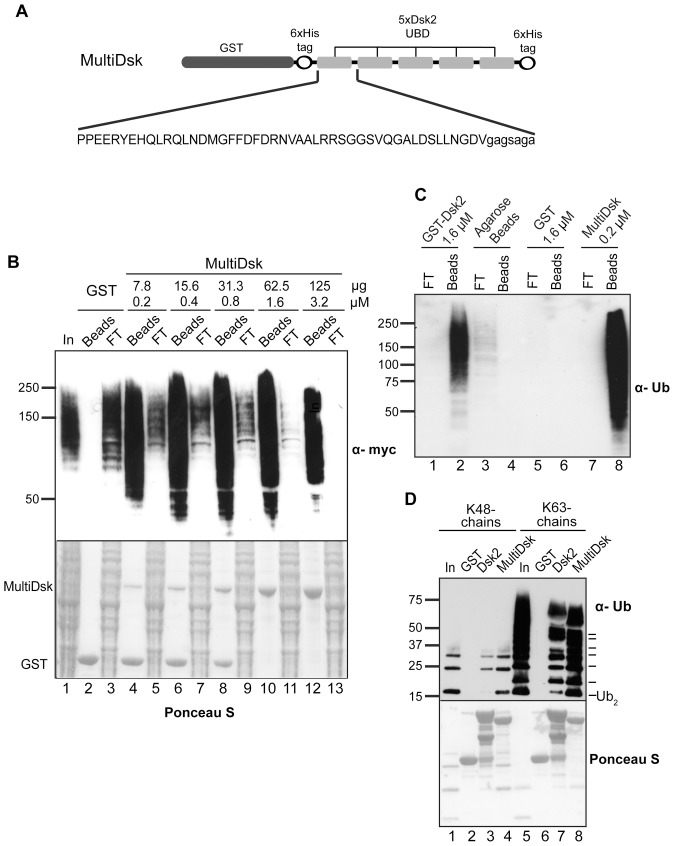Figure 1. MultiDsk binds efficiently to ubiquitylated proteins. A.
. Schematic representation of the MultiDsk protein. B. 2 mg of yeast whole cell lysate from strain SUB592 expressing Myc-His-tagged ubiquitin was incubated with affinity beads. Differing amounts of GST protein, alone or as a mixture with GST-MultiDsk protein, were mixed with agarose beads so that equal amounts of total protein and bead bed volumes were used in each experiment. The flow-through not bound to the beads was retained and loaded at equivalent levels to the Input (Lane 1). After Western transfer, the membrane was stained with Ponceau S to reveal total protein in samples (lower panel), and Western blot was performed using anti-Myc antibodies to detect ubiquitylated species (upper panel). C. As in B, except performed on a human cell whole cell extract. 100 µg of protein was incubated with the indicated amounts of GST, GST-Dsk2, or MultiDsk protein and purified via agarose beads. D. As in B, but using purified ubiquitin chains. GST alone, full length GST-Dsk2 protein, or MultiDsk, bound to beads, were incubated with 100 µg synthetic K48- or K63-linked ubiquitin chains for 2 hours. After Western transfer, the membrane was stained with Ponceau S to reveal total protein in samples (lower panel), and Western blot was performed using anti-ubiquitin antibodies to detect ubiquitylated species (upper panel).

